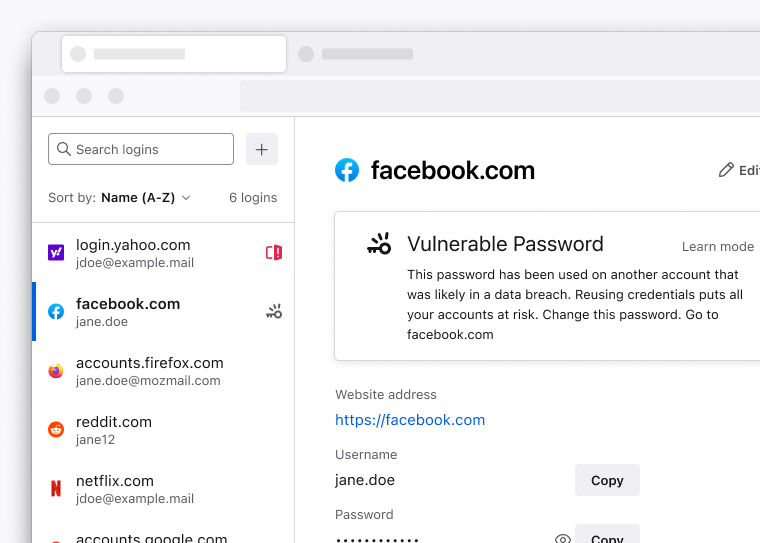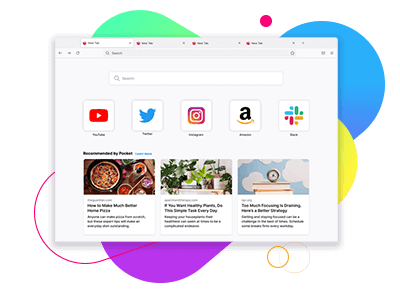Free password manager
Firefox securely stores your usernames and passwords for accessing websites, automatically fills them in for you the next time you visit a website, and lets you manage your stored logins with its built-in password management feature.
With a free Mozilla account you can securely sync your passwords across all your devices. You can also access all of Mozilla’s other privacy-respecting products.
Password autofill for easy logins
Firefox can automatically fill in your saved username and password. If you have more than one login for a site, you can just select the account you want and we’ll take it from there.
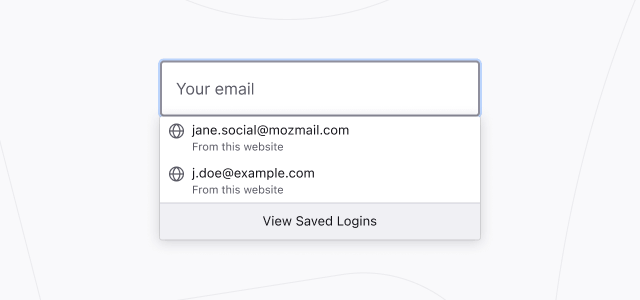
Import passwords
You can use the import wizard to easily (magically) import usernames and passwords stored on Chrome, Edge, Safari or any other browsers. Select Passwords from the menu, and then click “import them into Firefox” at the bottom of the Logins & Passwords page.
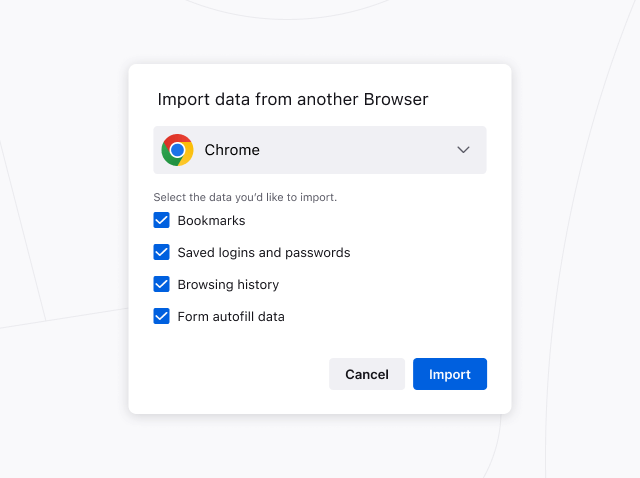
No more reusing your passwords
Have Firefox create a strong, unique password for each login you have across the web — that way, if one of your passwords gets hacked through a security breach, it’ll only impact that one account, not other accounts too.
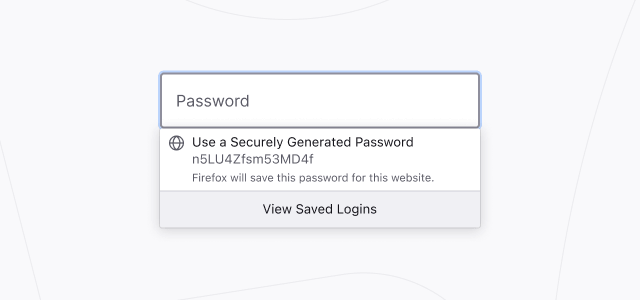
Password security alerts
Firefox alerts you if a password has been exposed in a data breach so you can change it before hackers have a chance to do something like rent a Lambo with your credit card.
